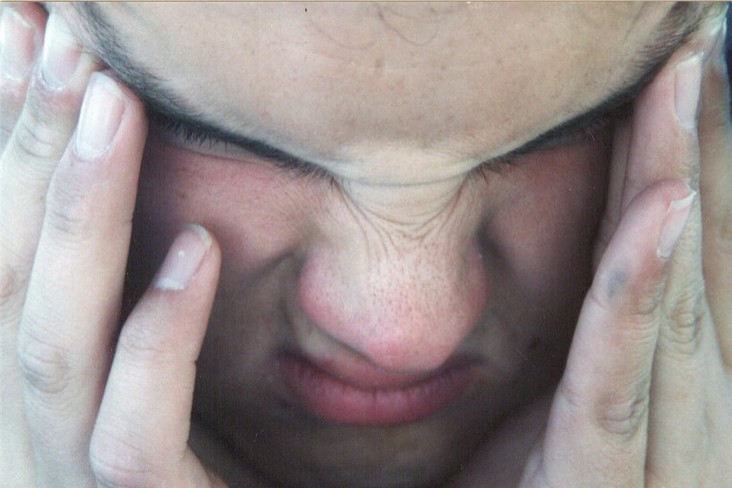Most people have headaches from time to time but if you’re experiencing headache for 15 days or more per month then it is said to be chronic headache pain. Adults and children both can suffer from chronic headache pain.
Types of chronic headache pain:
Chronic headache pain can be debilitating and can interfere with your day-to-day activities. Chronic headache pain includes several different types of headaches;
- Cluster
- Migraine
- Hemicrania continua
- Tension headaches
- Idiopathic intracranial hypotension
- Medication overuse headache
Cluster chronic headache pain can occur on and off over a period of weeks or months and can cause severe pain on one side of your head.
Chronic migraines affects one side or both sides of your head. Migraines have a pulsating, throbbing sensation and cause moderate to severe pain. Chronic migraines causes nausea, vomiting or in worst cases both. It can also result into sensitivity to light and sound.
A Hemicrania continuum is a type of severe chronic headache pain which is different from migraine headaches and cluster headaches. The pain occurs only on one side of your head or your face. It is uncommon type of chronic headache pain.
Tension type headaches are common type of chronic headache pain. They are relatively mild and tolerable.
Idiopathic intracranial hypotension is a condition in which there is negative pressure within the brain cavity which results in severe headache.
Medication overuse headache is a type of chronic headache pain caused by patient’s use of pain relievers for long period. The condition is frustrating but it is curable.
Treatments of chronic headache pain:
There are many possible treatments of chronic headache pain. Your treatment will depend upon the cause of your headache.
Treatments for chronic headache pain include the following;
- Medications; Medications that can be used to treat chronic headache pain include;
Antidepressants called tricyclics which can help prevent headaches. They may also help to manage the anxiety that can occur along with constant headaches.
Beta blockers drugs can also a mainstay for preventing episodic migraines
Nonsteroidal anti-inflammatory drugs can also use.
Anti-seizure drugs are usually used to prevent migraines and they might be used to prevent chronic daily headaches.
Botox injections can also work for some people.
- Non medicinal therapies; massage, occipital nerve stimulation, behavioral therapy is also useful
- Life style changes in order to help manage your headaches or avoid your headache trigger. Life styles changes include get enough sleep and avoiding using caffeine or smoking cigarettes.
Pain management institute is working to help people to cure acute and chronic long term pain to resume a normal life style. PMI has provided many treatments like stem cell therapy and many others.
For more details call on 815.412.6166

